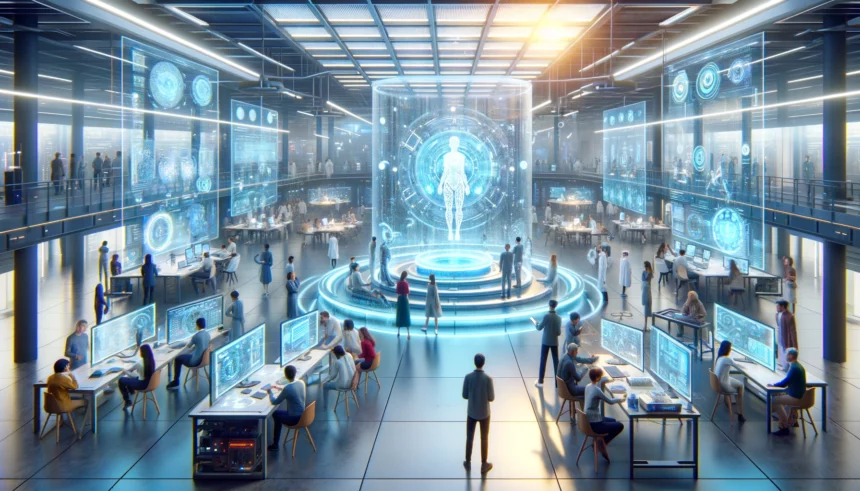As artificial intelligence (AI) increasingly infiltrates various aspects of daily life, it ignites crucial discussions about its societal, economic, and ethical ramifications. Drawing from recent research and expert opinions, this exploration sheds light on AI’s transformative influence and the complex challenges it introduces.
The Expansive Influence of AI
AI’s reach extends through multiple domains—telecommunications, transportation, healthcare, education, and culture—promising enhanced efficiency and safety. Insights from Elon University’s Imagining the Digital Future Center highlight a general optimism about AI’s ability to improve daily life. Yet, this optimism is checked by concerns over privacy, wealth disparity, and diminished human connections. This juxtaposition underscores the necessity for a balanced approach to AI’s development and societal integration. Additional perspectives can be found at the Benton Institute for Broadband & Society and Toolify AI News.
The Economic Shifts Ahead
AI’s economic impact is set to redefine notions of work, wealth distribution, and currency. Discussions at the World Economic Forum introduce the concept of AI foundation models and AI tokens, poised to transform banking and commerce. While these advancements promise greater economic efficiency, they also provoke questions about fair access and technology monopolization. The key challenge is leveraging AI’s economic benefits while ensuring they are broadly shared. More insights are available at the World Economic Forum.
Ethical Complexities in the AI Landscape
The ethical landscape surrounding AI is intricate and vital. Privacy, bias, and human autonomy are central concerns as AI becomes more prevalent in education and cultural preservation. While AI has the potential to positively impact society, it also risks exacerbating social divides and undermining democratic integrity. The imperative lies in developing AI with transparency, accountability, and inclusiveness, safeguarding human values and rights amidst technological progress.
As humanity teeters on the brink of an AI-dominated future, the decisions of today will significantly influence our collective trajectory. Striking a balance between harnessing AI’s possibilities and addressing its challenges necessitates a collaborative effort among policymakers, technologists, and the global community. Through open dialogue and a principled approach to AI’s evolution, we can steer through this new territory, unlocking AI’s benefits while preserving the essence of our shared humanity.
















